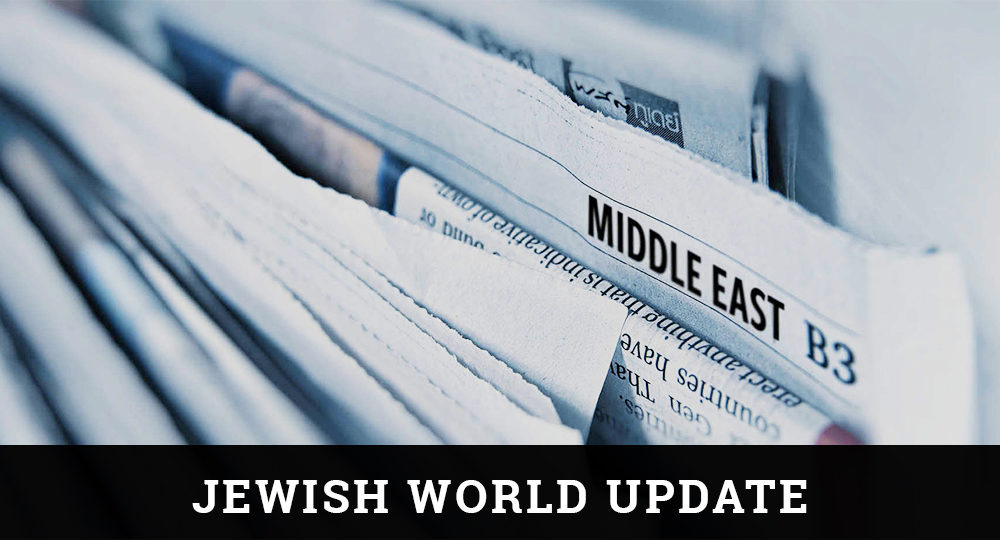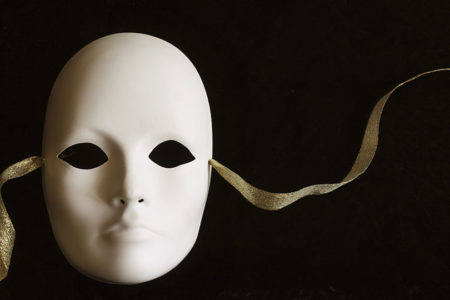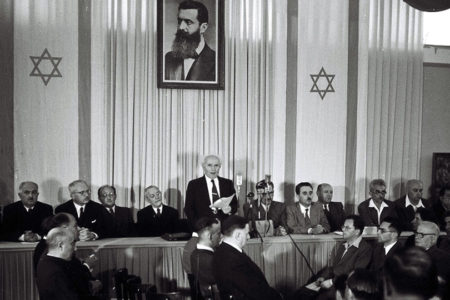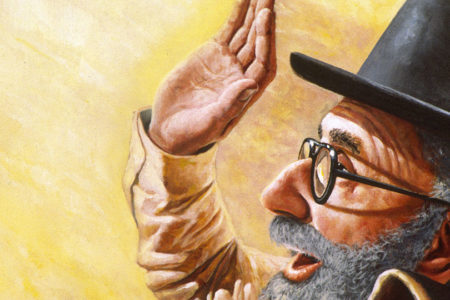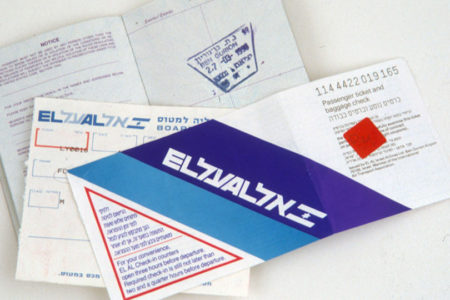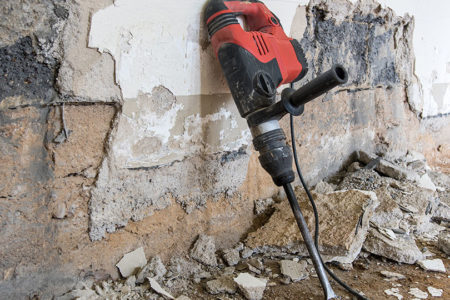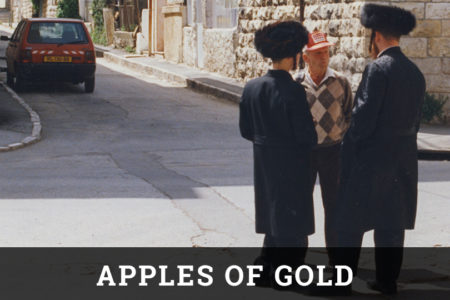Israel in the News Apr/May 1991
EC turnabout: bigger Israeli role envisaged in the new Europe
from The Jerusalem Post
The European Community, in a major turnabout, has decided to negotiate an enhanced role for Israel in the economically integrated Europe of 1992. The Brussels-based European Community Commission has informally jettisoned its policy of linking ties with Israel to a Palestinian settlement, European officials said.
The diplomats also confirmed a Foreign Ministry statement that the EC Commissioner for Middle Eastern affairs, Abel Matutas, had agreed to drop science-related sanctions imposed on Israel last year.
According to Reuters, an EC meeting in Brussels discussed the provision of $210 million in aid to compensate Israel for Gulf war costs. Egypt, Jordan and Turkey—the so-called “front-line” states—are due to receive $700 million in EC aid.
One European diplomat said: “We now want to talk with Israel and see how Israeli companies can get a foothold in the new Europe. We now want to discuss things as friends, and we want normalization.”
Another European diplomat said: “An Exocet missile has just been shot through the old policy.”
In a prepared statement, Foreign Ministry spokesman Yosef Amihud said the Commission’s decision was “taken due to its appreciation and understanding of Israel’s position, and as a result of Iraq’s aggression against it.”
In 10 years, most Jews will be living in Israel
from The Jerusalem Post
As a result of the Soviet aliya, it is likely that the majority of the world’s Jews will be living in Israel in another 10 years, Prof. Sergio Della Pergola, a Hebrew University demographer, said last week. Only about 30 percent of world Jewry lives here now.
Speaking at the university on world Jewish demography, he also said that every 100,000 new immigrants will push the year of demographic parity between Jew and Arab in Israel and the territories back one year. He said that if before the massive aliya wave he thought 2015 would be the year of parity, the arrival of one million immigrants will delay parity—when the number of Arabs equals that of the Jews—until 2025.
This conclusion is based on the assumption that the country’s Arab population will continue to grow at a far faster rate than that of the Jews, he emphasized.
Rain at last!
from The Jerusalem Post
Heavy rain, starting in the north and moving into the center of the country, brought the first indication that the severe drought experienced so far this winter may be ending. “Every drop of rain is a blessing, but this has been our salvation, especially if it continues,” said Mekorot spokesman Mordechai Yacobovitch. The rainfall so far this winter is less than 20 percent of the average for the time of year.
Trees: Ubiquitous Symbol
from Israel Scene
So revered is the tree in Judaism that it even has its own New Year, Tu B’Shevat, the 15th of Shevat. In contemporary times this minor festival has become a day dedicated to the afforestation and greening of modern Israel. Each year, Israeli school children can be seen on hillsides and in forests planting 250,000 saplings.
Unlike many countries, Israel has no national tree. However, three types of tree have come to symbolize the success of the Zionist enterprise. The orange tree with its fragrant blossom and succulent fruit represents the success of Israeli agriculture, in particular the unique social phenomena of the kibbutz and moshav movements. The olive tree harks back to the biblical era of the Israelites, while the pine, which dominates so much of the countryside, reflects the Jewish repopulation of its ancestral homeland.
